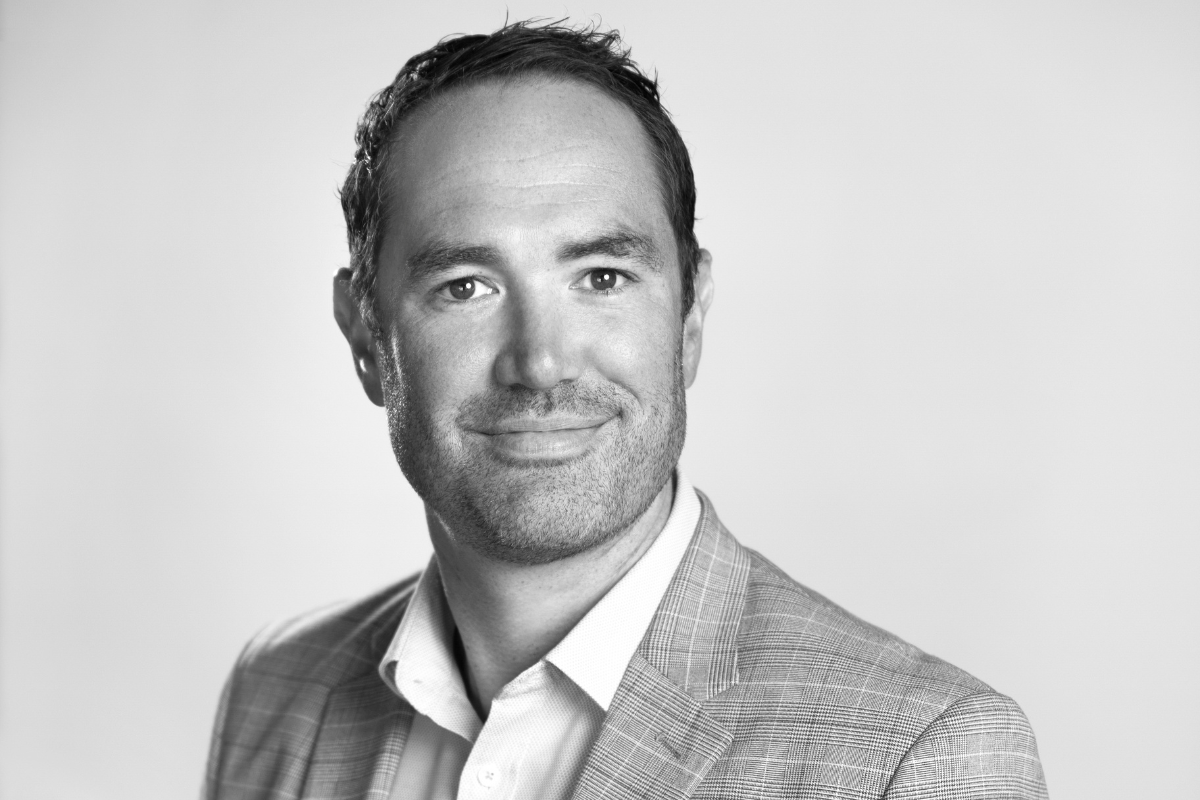On Wednesday the Fair Work Commission (FWC) increased the national minimum wage by 5.2 per cent. The Shout spoke to Luke Butler, Managing Director of hospitality recruitment specialists, Hastings People, to understand what the increase means for staffing in the on-premise.
Like many in the industry, Butler sees a mixed picture when evaluating the minimum wage rise, with different outcomes for both employees and operators.
“Operators are still in a pretty complex situation, despite what you hear in terms of ‘how good’s the trading conditions’ I think that’s not necessarily the case for everyone,” Butler said.
“With an operational head on, you’d probably suggest that there was a fair bit of concern from a number of operators in seeing another cost go up – there are so many different costs that are going up,” Butler continued.
“From the workers’ perspective, it’s obviously always going to be welcome.”
At the recent Pub Leaders Summit, Butler served as Master of Ceremonies of a panel that discussed the industry’s well-known staffing issues, and The Shout asked if this wage rise was likely to help, or hinder, matters.
“It’s a really hard one to answer. It’s a fairly significant increase – I believe the most significant increase we’ve seen. So there’s a couple of different ways it plays out,” Butler said.
“It could mean that businesses become far more focused on labour, as you see with the example of the long weekend. If you look at the penalty rates that you experience on those weekends, and the impact that’s had on businesses willing to trade, it’s actually reduced the amount of work available. So the award rates may look great on paper, but there’s not that many people that get to enjoy them,” Butler said.
“In theory, it’s great to be paying people more, and I think for the industry as a whole – it is an industry that’s perceived as being low paying, so any improvement to what people are being paid will help to change the perception.”
“It’s really hard to say. If it stops or reduces the numbers of hours of work that are given, that will have an adverse effect and mean that [workers] are earning less. But if it doesn’t, if hours remain steady and rates go up, hopefully it serves as a way of attracting more people to the sector because it’s better remuneration.”
On this point, Butler was also asked if the raise in minimum wage would help attract more overseas talent to the Australian hospitality industry, another area of pain for the sector since the pandemic and related border closures.
“I’d say that any way we can increase remuneration for workers in the sector is going to be attractive for workers – absolutely.”
“I think it’s been probably a pretty good driver for foreign workers to come in, even if they’re here working casually or staying more permanently. You look at the minimum wage in other countries, the States as an example, or even the UK, and our wages are very, very strong already.”
The Shout also spoke to Stephen Hunt, Managing Director of Hunt Hospitality, about the rise. Hunt, whose organisation operates seven venues, commented: “Whilst the minimum wage increase is essential for our employees it is going to create more challenges for the hospitality sector.”
“After a confronting couple of years, this is really throwing down the gauntlet for operators to be creative in their business models with the aim of providing great service, entertainment, quality food, and beverage and remaining profitable. Interesting times ahead…”
In its decision, the FWC stated that the minimum wage rise would be delayed for the hospitality sector, recognising the extraordinary challenges the industry faced during the pandemic. Butler acknowledged how crucial this delay will prove for hospitality.
“It is exceptionally important. Businesses are going to need a fair bit of time to prepare for how they’re going to manage it.”
“I would say that the dominant approach is going to be to lift prices… And in order to make those sort of changes and adapt, you need time to plan and reprint menus, update costs and tills and all of those kind of things,” Butler explained.
“So I think that having that time to prepare is going to be really helpful. And also, I think to just become compliant – like, navigating the awards is tough at the best of times, let alone when there’s as change to the pay rates. Navigating that whole minefield is really important.”
And Butler saved his final word for the importance of compliance amongst these changeable conditions.
“It’s a good opportunity for businesses that maybe haven’t had the chance over the last couple of years to go back and make sure they’re compliant. It’s been a challenge for the sector for a long time.”
“Having this time to prepare – they’ve got three months to actually get it right, so using that time to make sure everyone’s being paid fairly and correctly will help solve one of the challenges for attraction of talent to the market,” Butler concluded.

